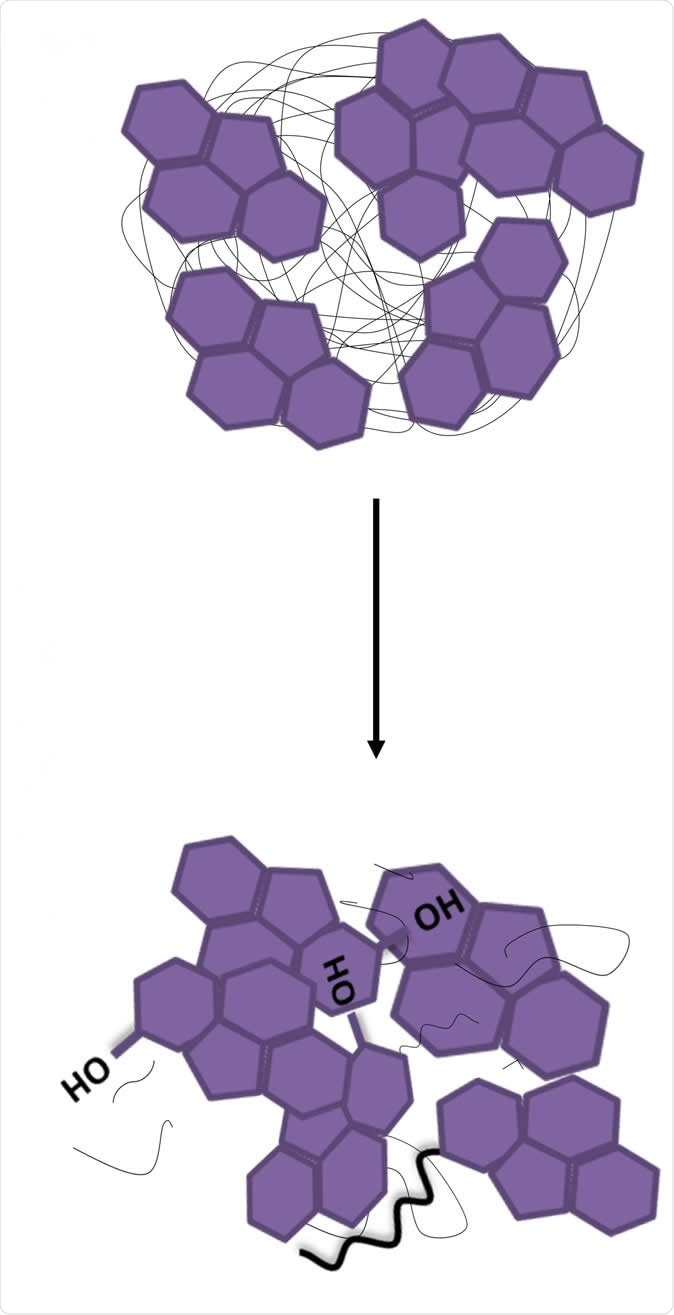Recent reports have shown a 1,000 percent rise in opioid abuse (especially synthetic drug Fentanyl) in the United States over the past one decade. In 2017 for example there have been 47,000 deaths attributed to opioid overdose says the US Centre for Disease Control and Prevention (CDC). This has alarmed health officials with the rising number of over dose deaths associated with the drug use as well as the rising popularity of synthetic opiates.
Fentanyl is particularly dangerous as a recreational drug of abuse because of its long lasting effects which kick in within a short time. This means that even small amounts of the drug could lead to an overdose and its complications. At present antidotes such as Naloxone are used to treat these overdoses and their effects are typically short lasting. Multiple doses of naloxone are thus needed to combat the long lasting effects of Fentanyl. Researchers are now developing an antidote against Fentanyl and opioids which would be long lasting and thus a single dose would be adequate to treat overdoses. They have used polymer nanoparticles to prolong the action of this antidote. The results of the study titled, “Next-generation opioid antidotes: Covalent nanoparticles for the delivery of Mu opioid antagonists,” evaluating this new antidote was presented at the American Chemical Society (ACS) Spring 2019 National Meeting & Exposition at Orlando on the 31st of March 2019.

Covalent nanoparticles (top) release naloxone (purple structures) slowly over 24 hours. CREDIT: Marina Kovaliov
Saadyah Averick, lead researcher and a biomaterials researcher on the team from Allegheny Health Network Research Institute at Pittsburgh said, “We became interested in this problem while trying to make non-addictive pain medications. In that course of research, we realized the limitations of current opioid antidotes.” The opioids in use today act as pain relievers by acting on the mu opioid receptor (MOR) in the brain said Averick. He said, “The drugs bind, turn on the receptor and stimulate a euphoric feeling. The synthetic opioids, such as fentanyl, turn this on really, really well.” He explained that fentanyl is more dangerous because it has a longer lasting effect and gets absorbed into the fat tissues of the body. This makes its elimination from the body a difficulty. From the fat tissues the drug keeps leaking back into the blood and the effects thus last for several hours. Naloxone acts as an antidote but has an activity for only half an hour to an hour after which the dose needs to be repeated.
The team tried to overcome the challenge of creating a longer lasting antidote against longer lasting opioids like Fentanyl. They developed a unique drug delivery system that can ensure a steady dose of the antidote that can be delivered for up to 24 hours. They took naloxone with its multi-ringed chemical structure and combined it with polylactic acid (PLA) to create a naloxone polymer. Then they made covalent nanoparticles (CNPs) by adding these polymers to a solution of polyvinyl alcohol. The final product was around 300 nanometers in diameter. Averick said, “In collaboration with the Benedict Kolber laboratory at Duquesne University, proof-of-concept research has shown that these nanoparticles can deliver sufficient naloxone in a linear time-release fashion to block morphine's analgesic effect for 24 hours. As a next step, the study will be extended to fentanyl.”
The team says that at present their experiments were conducted on lab mice. Soon, as the antidote’s safety is established, it may go in for human clinical trials. They are at present evaluating the release of the naloxone from the nanoparticles. Averick explained, “Ultimately, we hope to develop a therapeutic intervention for fentanyl overdose that can be used in the field, perhaps supplanting short-acting naloxone as an overdose antidote of choice. We anticipate that this drug delivery system will also be effective for other non-fentanyl-opioids.” The team estimates that the molecule should be ready for the market within the next five years.